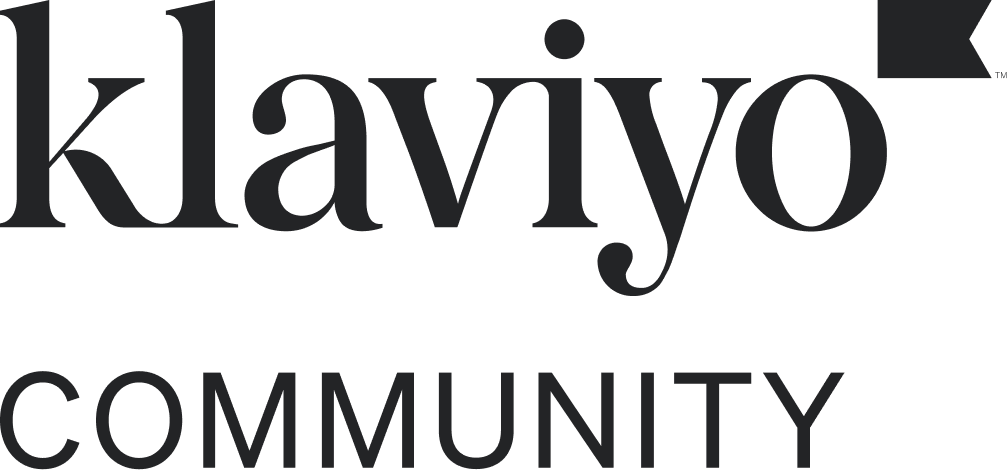DMARC stands for “Domain-based Message Authentication, Reporting & Conformance” and it is a policy designed to give domain owners the ability to protect their domain from unauthorized use, commonly known as email spoofing. A DMARC policy allows a sender to indicate that their messages are protected by SPF and/or DKIM, and tells an inbox provider the actions to take if either of those authentication methods do not pass.
Inbox providers could either place the emails in the junk folders, block the message outright, or let the emails pass as normal depending on the policy in place. DMARC removes guesswork about the receiver’s handling of these failed messages, while limiting or eliminating the domain owner’s exposure to potentially fraudulent and harmful messages. DMARC also provides a way for email recipients to report back to the domain owner about messages that pass and/or fail DMARC evaluation.
If you have a DMARC policy in place on your domain, please make sure you are on a dedicated sending domain in Klaviyo. Being on a dedicated domain will allow your Klaviyo emails to pass your domain’s DMARC policy. If you are not on a dedicated sending domain and you have a DMARC policy on your domain, please set one up as soon as possible: How to Set Up a Dedicated Sending Domain
As DMARC is independent from Klaviyo, here is an external guide to walk you through how to set it up: How to set up DMARC




